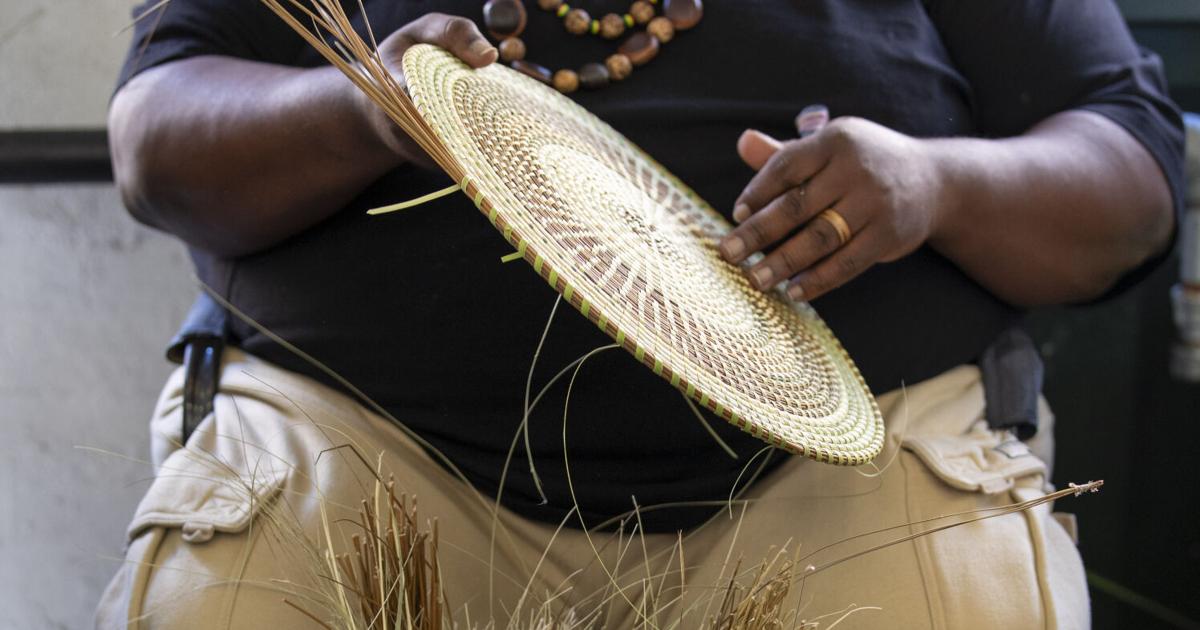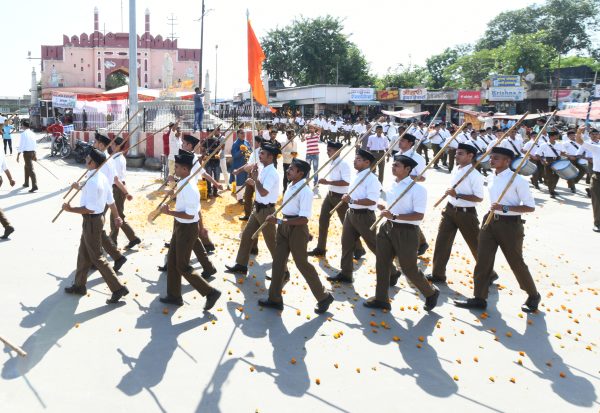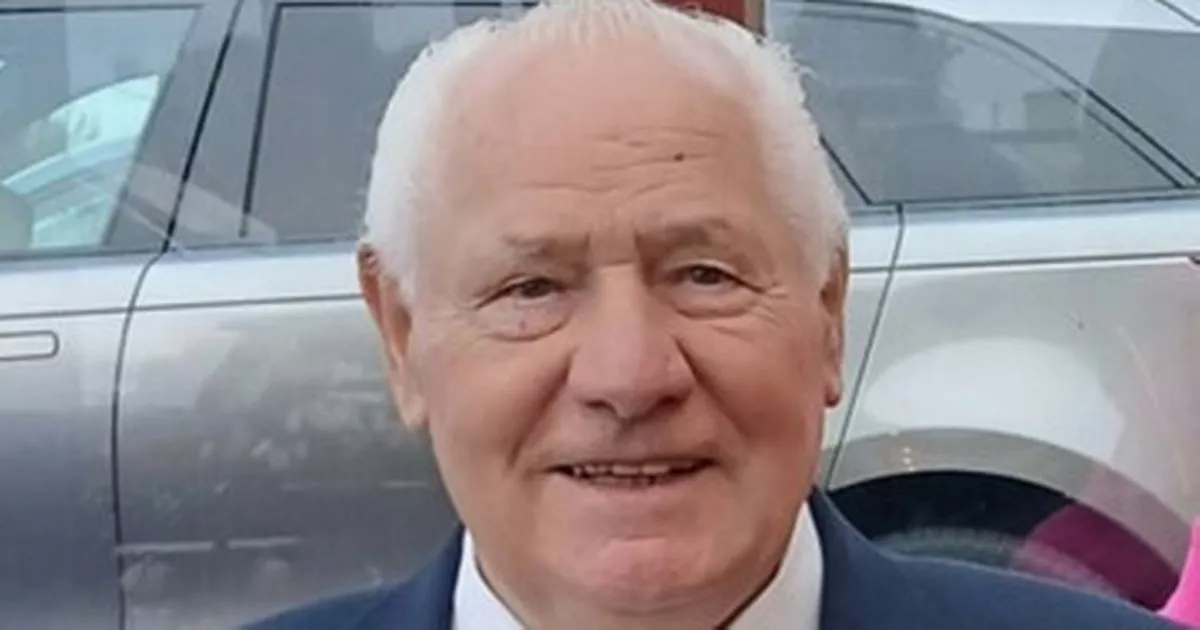Copyright postandcourier

It’s about “legacy, the lingering conversation, the honor of children's children, to be able to say that my father, grandfather, has a piece that's been there for XYZ years,” he told Free Times. “That's huge.” During one of his first meetings with museum staff, Alston asked how big they wanted his piece, which is a one-year project. “And we pointed to that,” said Jackson, referencing a photo of plastic packaging that was in a storage area the two men were in. The plastic tube resembles a tall, extremely portly child. Alston took a photo for reference, and said "Big Percy” will be no smaller than five feet tall and four feet wide. That’s all the artist will commit to right now. His pieces speak to him as he practices an art form that’s been in family for more than 300 years. “I don't want to get ahead of myself with it,” he said. “It will be the baddest piece that we all have seen. But other than that … I don't want to say it's gonna have a rainbow handle (or) it has a traditional handle.” Bridging history with the contemporary In addition to working on private and museum commissions (he has pieces in the Smithsonian’s Renwick Gallery and has created jewelry with his wife worn by a Supreme Court Justice) Alston runs his family’s Charleston City Market storefront. He credits the women of his family and Gullah Geechee community for keeping sweetgrass basket weaving alive, a tradition that enslaved peoples brought over from West Africa and replicated with native plants in the S.C. Lowcountry, including sweetgrass, bulrush, palmetto fronds and pine needles. “We're using a grass that was found here around the … 1600s and that's the grasses that we're using now,” Alston said. “Me, as a man basket maker, it allows me to feel like I'm in a true place of the culture, as men were the original weavers in West Africa before being enslaved.”



